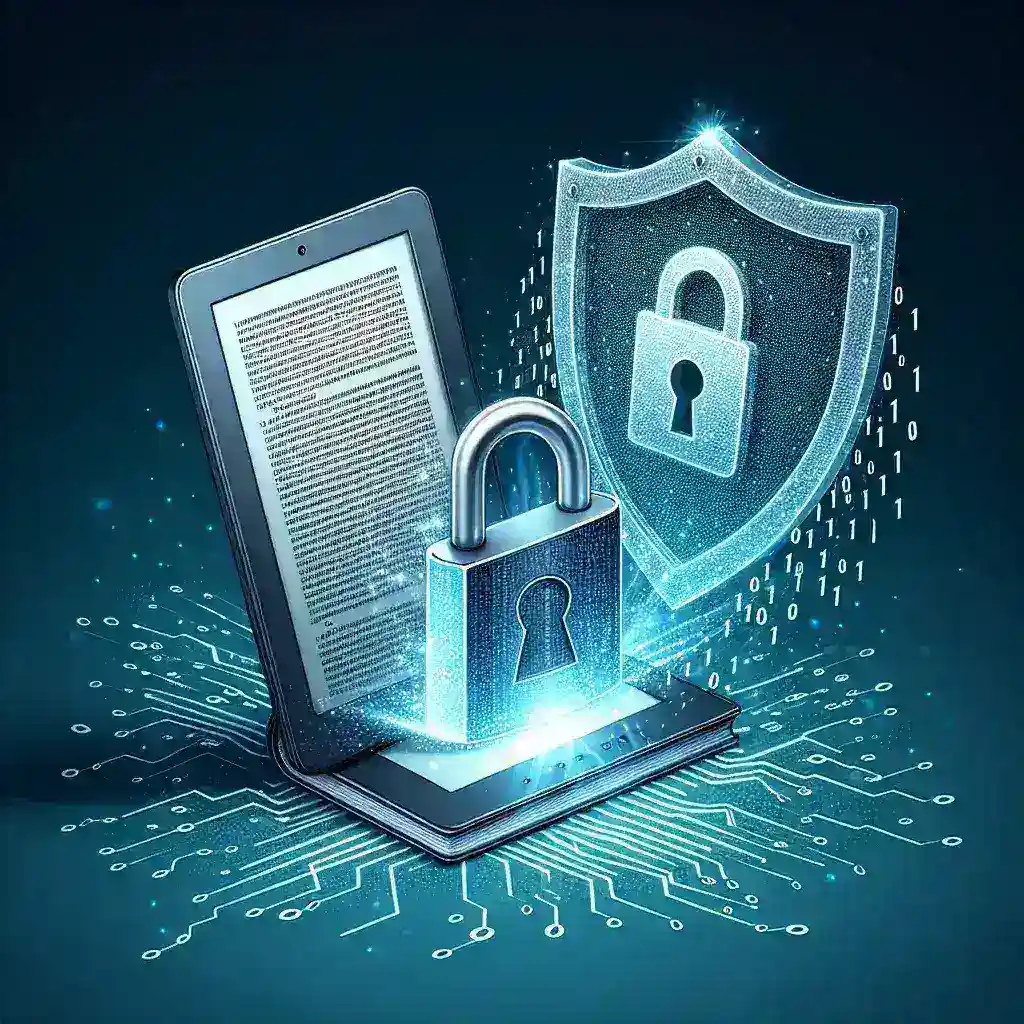
With the increasing reliance on digital devices for reading, e-readers have become essential tools for book enthusiasts worldwide. As these devices store personal data and connect to various networks, their security has become a critical concern. This article delves into the question: Can I hack into my e-reader to test its security? We will explore the ethical considerations, legal implications, potential risks, and best practices associated with attempting to hack your e-reader.
The Importance of E-Reader Security
E-readers, like any other connected device, are susceptible to security threats. These devices often store personal information, purchase histories, and can connect to Wi-Fi networks, making them potential targets for malicious activities.
Personal Data Protection
Your e-reader may contain sensitive information, including login credentials, personal notes, and reading habits. Ensuring the security of this data is paramount to prevent unauthorized access and potential misuse.
Network Vulnerabilities
Connecting your e-reader to public or unsecured Wi-Fi networks can expose it to various cyber threats. Understanding the vulnerabilities of your device can help in mitigating risks associated with network-based attacks.
Ethical Considerations
Before attempting to hack into your e-reader, it’s essential to consider the ethical implications of such actions.
Intent and Purpose
If your intention is to test the security of your device to enhance its protection, it demonstrates a proactive approach to cybersecurity. However, unauthorized hacking, even with good intentions, can lead to unintended consequences.
Respecting Terms of Service
Most e-readers come with Terms of Service agreements that prohibit unauthorized modifications or hacking attempts. Violating these terms can result in voiding warranties, losing access to services, or facing legal repercussions.
Legal Implications
Hacking into any device without explicit permission is illegal in many jurisdictions. It’s crucial to understand the legal boundaries before proceeding.
Legislation Overview
Various laws, such as the Computer Fraud and Abuse Act (CFAA) in the United States, prohibit unauthorized access to computer systems and devices. Engaging in hacking activities can lead to severe penalties, including fines and imprisonment.
Ownership vs. Authorization
Owning an e-reader does not grant the right to modify its firmware or software in unauthorized ways. Seeking official channels for security testing is advisable to stay within legal frameworks.
Potential Risks and Consequences
Attempting to hack into your e-reader carries several risks that must be carefully weighed.
Device Damage
Unauthorized modifications can lead to bricking your device, rendering it unusable. Recovering from such states may require professional assistance or may not be possible at all.
Security Breaches
Inadvertent exposure of your device to malware or other security threats during hacking attempts can compromise the very security you aim to test.
Void Warranties
Manufacturers typically void warranties if the device is tampered with unauthorizedly. This loss of warranty can lead to increased costs if issues arise post-modification.
Best Practices for Testing E-Reader Security
Instead of hacking, consider alternative methods to assess and enhance your e-reader’s security.
Official Updates
Regularly updating your e-reader’s firmware ensures you have the latest security patches and features. Manufacturers often release updates to address known vulnerabilities.
Use of Security Software
Installing reputable security software can help protect your device from potential threats without the need for unauthorized modifications.
Network Security
Ensuring that your home network is secure by using strong passwords and encryption can significantly reduce the risk of unauthorized access to your e-reader.
Ethical Hacking and Responsible Disclosure
If you discover a security vulnerability, responsible disclosure is the ethical approach.
Collaborating with Manufacturers
Reporting vulnerabilities to the device manufacturer allows them to address the issue efficiently, enhancing the security for all users.
Community Contribution
Engaging with cybersecurity communities can provide support and guidance on best practices for handling discovered vulnerabilities.
Conclusion
While the desire to test your e-reader’s security is understandable, attempting to hack into your device is fraught with legal and ethical challenges. Adhering to safe and authorized methods for enhancing security not only protects your personal data but also ensures compliance with legal standards. Prioritizing official updates, using security tools, and maintaining a secure network are effective strategies to safeguard your e-reader without the associated risks of unauthorized hacking.
Leave a Reply